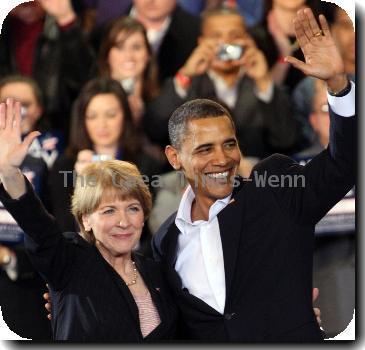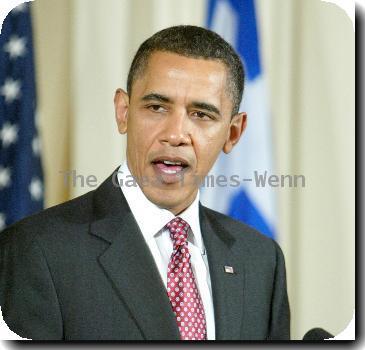In final push on Wall Street rules, lawmakers tackle sticking points that could gum up reform
By Jim Kuhnhenn, APSunday, June 13, 2010
New rules for Wall Street must clear final hurdles
WASHINGTON — They are the sticking points that would gum up the Wall Street overhaul.
From big banks’ exotic trades to the plastic in people’s wallets, it only take a few of the most contentious issues to upend a careful political equilibrium as lawmakers try to blend House and Senate bills into a single rewrite of banking regulations.
The final measure, which President Barack Obama wants by July 4, is intended to prevent another financial crisis like the 2008 meltdown, which triggered a deep recession.
Rep. Barney Frank, chairman of a panel resolving differences in the two bills, and Sen. Christopher Dodd, who shepherded the Senate’s measure, must fend off industry efforts to dilute the final legislation. And they will need to hold together a fragile Senate coalition that included only four Republicans.
Typically, legislation gets watered down in the Senate. This time, the Senate version emerged tougher than the House bill. Frank, D-Mass., agreed to make the Senate bill the base, with some minor House modifications.
There’s momentum behind the Senate version.
“Throughout this process you have seen a desire by members not wanting to be seen voting with the banks,” said Edward Mills, a financial policy analyst at FBR Capital markets.
The financial industry is no stranger to the lawmakers working on the legislation.
At least 56 industry lobbyists have served on the personal staffs of the 43 Senate and House members who will have a hand in shaping the bill over the next two weeks, according to an analysis by Public Citizen and the Center for Responsive Politics, two government watchdogs.
What’s more, the center found that lawmakers on the committee settling differences between the competing House and Senate versions have received more than $112 million over two decades from political action committees or employees of industries affected by the legislation.
“It’s going to be very difficult to stop special interests, working through some members of the conference, from inserting weakening provisions,” said Travis Plunkett, legislative director of the Consumer Federation of America.
A look at the main issues to be settled:
Tags: Barack Obama, Government Regulations, Industry Regulation, Lobbying, North America, Political Issues, Sports, Track And Field, United States, Washington





